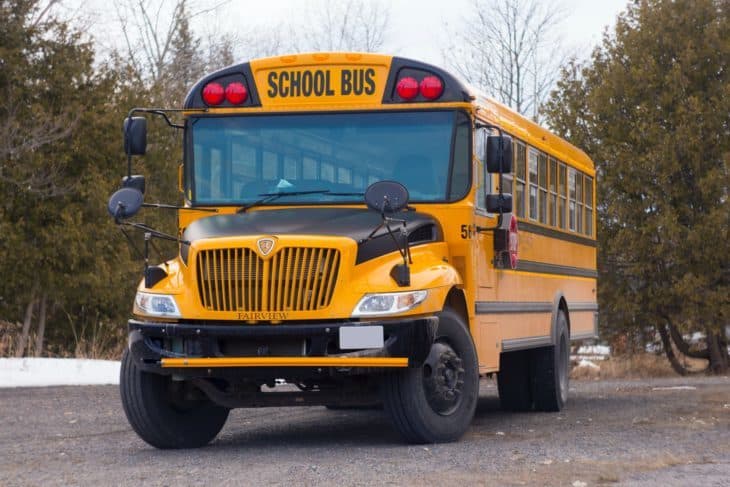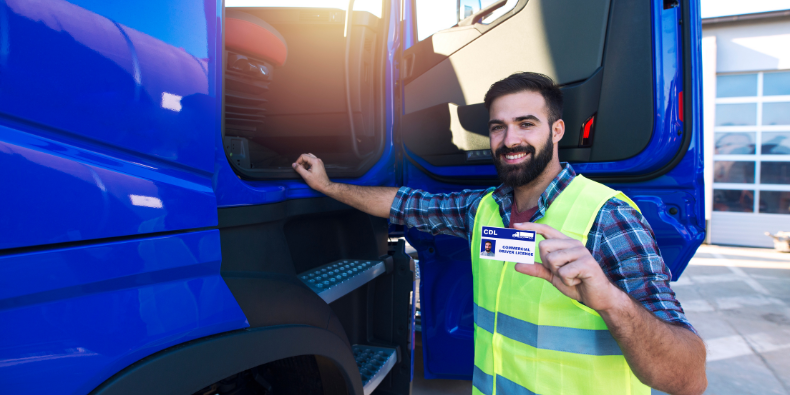How to decide which type of freight is right for you

When you’re choosing which freight to focus on, there are several questions to consider. The following article addresses the top questions truck drivers ask themselves.
What is the most common truck freight?
The trucking industry transports goods for every industry, meaning there are a few ways to look at this question. The top commodities by weight are fossil fuel products and by value are electronics. Other common freights are food, clothing, vehicles, and furniture.
How many types of trucks are there?
In the U.S., there are eight truck classes. Let’s look at examples and their types of trailers. When choosing a trucking company to work with, look at the types of trucks and freight they typically work with and the required type of CDL. For example, do you want to be a hazmat driver or a tanker truck driver?
Class 1: Passenger vehicles like minivans and SUVs
Class 2: Larger cargo vans and pick-up trucks
Class 3: Box trucks, such as city delivery trucks and smaller refrigerated trucks and refrigerated trailers (reefers) equipped with temperature controls to accommodate perishable foods like ice cream and pharmaceuticals
Class 4: Larger box trucks, reefers, and walk-in trucks
Class 5: The largest city delivery trucks
Class 6: Single axle trucks and school buses
Class 7: City buses
Class 8:
- Flatbeds and flatbed trailers with open beds or trailers that secure freight with tarps and/or straps
- Dry vans and dry van trailers, ideal for non-perishable goods, completely enclosed trailer, suitable for OTR, regional, and local trucking, and can also be paired with a flatbed trailer or step deck (a.k.a. step deck trailer, drop deck or lowboy trailer)
What are the different types of truck loads?
Types of truck loads are viewed in terms of quantity and volume.
Truckload: A single shipment fills the trailer or flatbed and goes from a shipper to one receiver, or consignee.
Less Than Truckload (LTL freight): This is the most common type of truck load and creates a cost-effective solution where smaller loads are combined into a full truckload by sharing space with other products.
Volume LTL: Similar to the LTL type of truck load, this looks at the volume the freight will occupy within the trailer. When considering this type of freight, look at the freight’s cubic capacity to determine whether it can be shipped as Standard LTL or will require Volume LTL.
Expedited Freight: The freight takes the most direct route to the destination without any other stops.
Intermodal: When freight is loaded into a freight container and transported in that container from the original sender to the destination, it’s called intermodal, such as from a ship straight to a flatbed truck and on to its next destination.
What are the different types of freights?
In addition to the types of trucks and loads above, truckers may drive auto carriers, dump trailers, and tankers.


